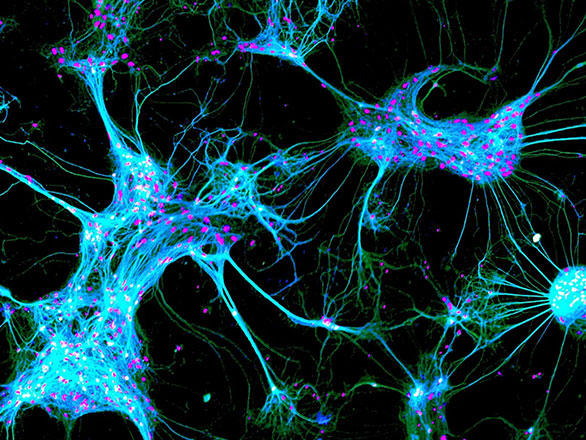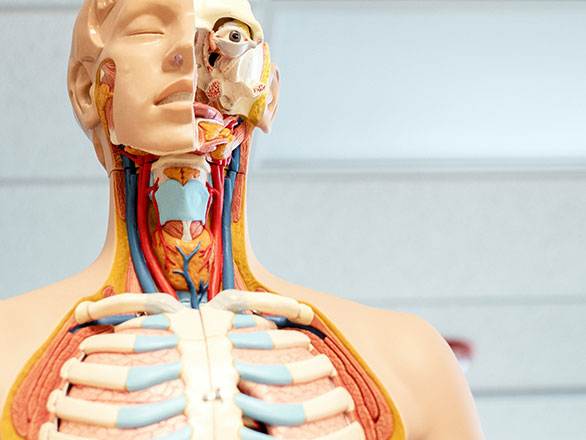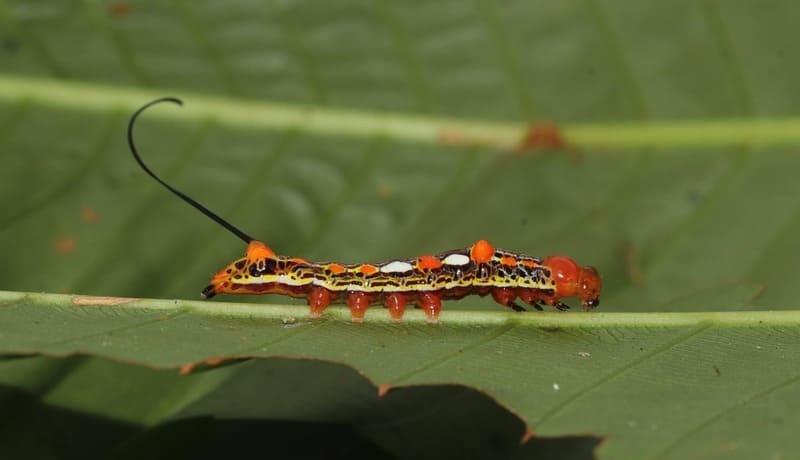Biology graduate degree programs

Ecology, Evolution and Conservation Biology, M.S. and Ph.D.
Ecology, Evolution and Conservation Biology (EECB) is an interdisciplinary graduate program bringing together faculty and students from multiple departments and institutions at the University of Nevada, Reno, the Desert Research Institute and the Great Basin Institute. Build an in-depth understanding of ecosystems and the organisms that inhabit them and help shape policies that respect these natural wonders. Among the program's research strengths are behavioral ecology, genomics and molecular ecology, limnology, plant-animal interactions and more.

Integrative Neuroscience, M.S. and Ph.D.
This highly collaborative interdisciplinary group of researchers seeking to tackle big questions in neuroscience while preparing students for a career in this exciting field. Neuroscience research faculty have expertise in molecular genetics, behavioral analysis, developmental biology, electrophysiology, optogenetics, human psychophysics, virtual reality and functional MRI and EEG.

Cell and Molecular Biology, M.S. and Ph.D.
Part of the interdisciplinary Molecular Biosciences program, the Cell and Molecular Biology (CMB) prepare students for careers in biological and biomedical research, industry, and teaching. This highly interactive program offers a supportive environment for a large graduate student body with excellent research opportunities in a broad range of areas including biochemistry, cancer biology, immunology, plant molecular genetics and more.

Cellular and Molecular Pharmacology and Physiology, Ph.D.
Part of the interdisciplinary Molecular Biosciences program, the Cellular and Molecular Pharmacology and Physiology (CMPP) program is dedicated to advancing the understanding of the human body and the ways medicine can combat illnesses within it. The program supports areas of research such as molecular pharmacology, molecular biology of ion channels, cell physiology, cardiovascular pharmacology, autonomic pharmacology and neuropharmacology.

Biology, M.S.
The Department of Biology participates in two Master's degree programs in which students may select from three areas of concentrations aligned with the department's doctoral programs: Cell and Molecular Biology (CMB), Ecology, Evolution and Conservation Biology (EECB) or general biology.
